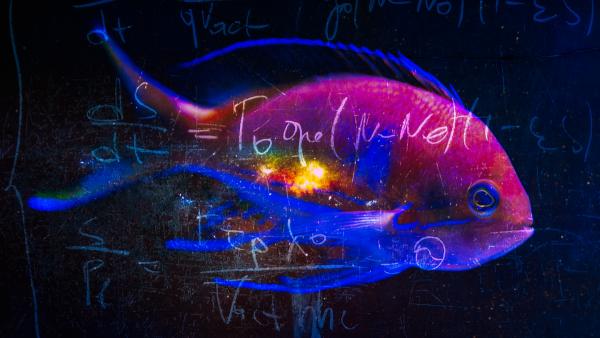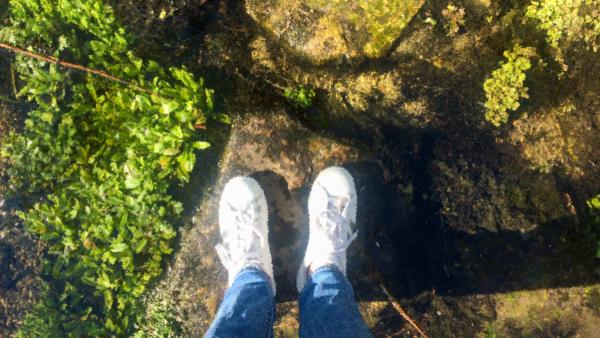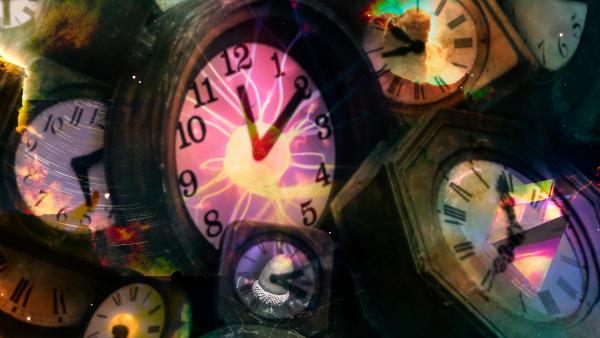Pamela Smith's science history students spend a semester taking medieval alchemical recipes and re-creating them in a lab.
Religion and Philosophy
When things don't go the way they're supposed to — viruses, star systems, presidents, even fish — why do we so quickly seek order to explain the chaos?
Philosopher John Kaag discusses how the 19th century thinker William James might help us seek meaning and purpose in a confusing time.
How can we, individually and collectively, find meaning in the experience of the coronavirus pandemic?
David Kessler is one of the foremost experts on death and grieving. He’s written many books on the subject, and worked with Elizabeth Kubler Ross on famous five stages of grief. He recently added a sixth: finding meaning.
How do you know what’s real? Start with your senses — if you can see, touch, hear or taste something, it’s real — right? Not necessarily, according to cognitive scientist Donald Hoffman and neurologist Suzanne O’Sullivan.
Wherever you live — city or country, East coast, West coast, or in between — we share common, contemplative experiences on our walks outside.
Clocks and calendars chop time into increments. It’s efficient, and it helps us get to meetings on time. But what does time feel like when you stop counting it?








